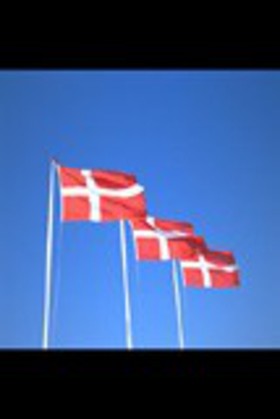

In 1987 the Single European Act introduced decision-making by qualified majority voting for matters affecting the trade between Member States (the Internal Market). Denmark, in particular, was afraid of having its environmental standards reduced by this. A majority vote of the other states in the interests of harmonising internal market standards could over-ride Denmark’s environmental laws. Denmark therefore obtained a so-called “environmental guarantee” allowing Member States both to keep and introduce stricter environmental standards than the minimum levels laid down by a qualified majority.
This “guarantee” made it possible for the Danish Government to obtain a “Yes” vote in its referendum on the Single European Act. This referendum was called by a minority government against the advice of the majority in the Danish parliament.
The clause was set out in the Treaty of Amsterdam but its value was called into question six months later when the Commission decided not to allow special Danish rules on cancer-causing nitrates and sulphites. In 2003, the EU Court allowed Denmark to keep its rules on nitrate because the EU Commission had not respected a statement from the EU's Health Committee. Yet the Danish rules on sulphites were out-lawed.
The clause has only been successfully used to allow bans on PCP in different Member States, but even then only when the production of PCP was banned in all Member States.
It was also used against cancer-causing creosote, but on the condition that the common EU market was not disturbed.
The clause is now to be found in Art. 95 TEC and is repeated in art. III-65.4.
In 2003 Denmark won a case on nitrate in meat because the EU Commission had neglected the advice from their own scientific committee. Denmark lost in a case on sulphates.
Notes
The specific EU rules for the environment only permit minimum laws. Member States can introduce tougher rules on top, if they choose to. The problem for countries with higher environmental standards is when laws effecting the environment is adopted with legal basis in the internal market articles because within the internal market the goal is total harmonisation of all rules.